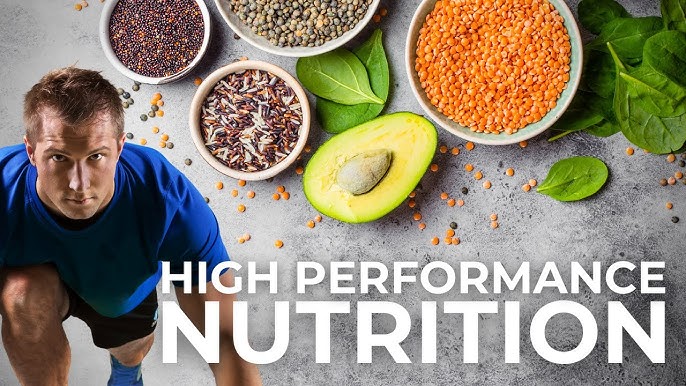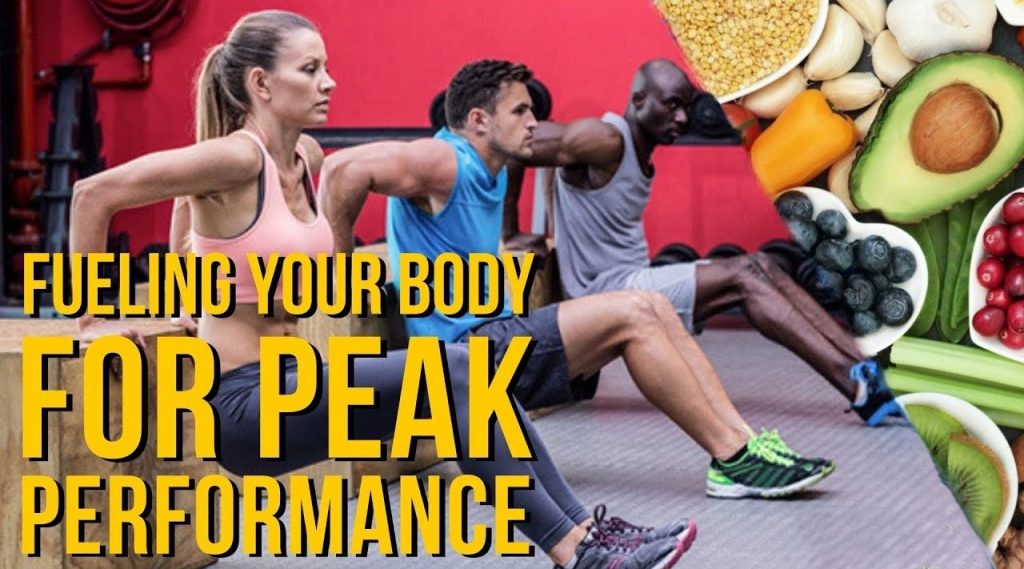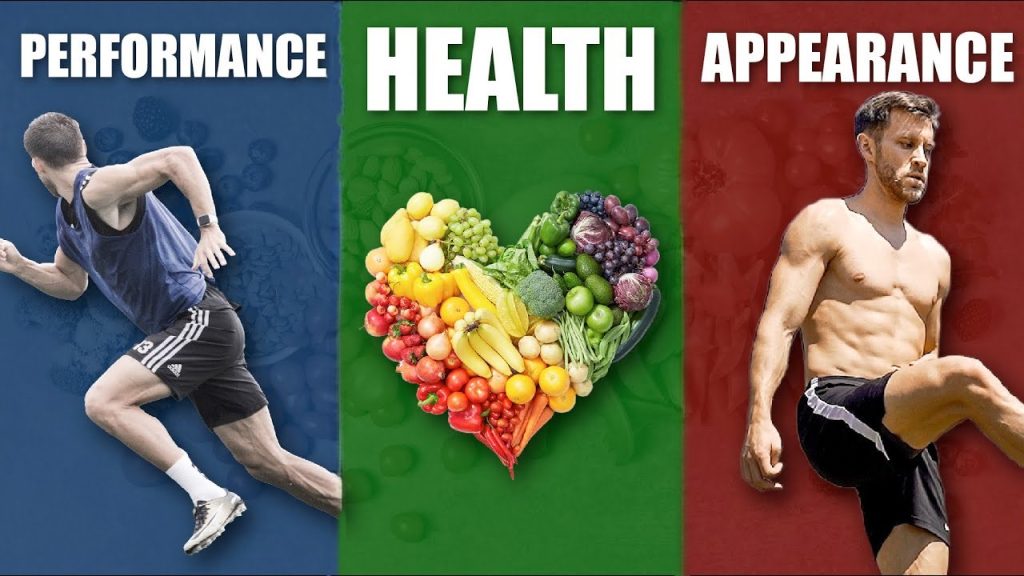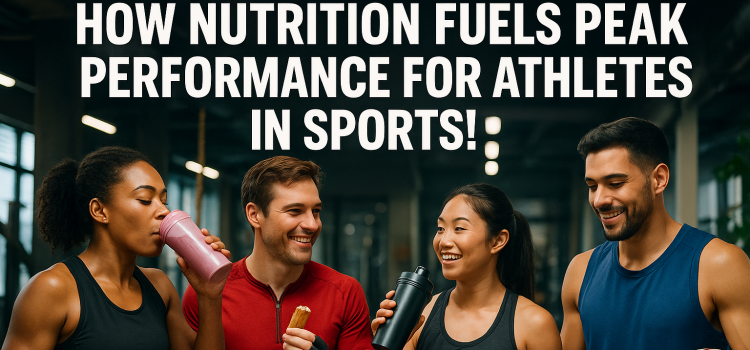
Introduction
Every athlete knows that training and talent matter. But did you know that nutrition fuels peak performance just as much? The foods you eat power your workouts, speed recovery, and sharpen focus. A clear sports nutrition basics plan gives your body the right fuel at the right times. This guide covers key long-term athlete nutrition strategies: balancing macronutrients, timing meals, staying hydrated, and using safe, high-level supplements. By mastering these concepts, you’ll feel stronger on the field, faster on the track, and more alert in every competition. Let’s dive into the essential nutrition tips and health benefits that help athletes reach their best.
Why Nutrition Matters for Athletes

Good nutrition builds muscle, refills energy stores, and repairs tissues. Without the right nutrients, performance suffers, and injury risk rises. Your body uses carbs for quick energy, proteins to rebuild muscle, and fats for long-lasting fuel. Vitamins and minerals support bones, blood, and nerves. Water carries nutrients and cools you through sweat. When you follow solid nutrition fuels peak performance rules, you train harder, recover faster, and maintain energy through long events.
How Nutrition Fuels Peak Performance for Athletes in Sports

1. Macronutrients: Carbs, Protein, and Fat
- Carbohydrates: Carbs are your main energy source. They break down into glucose, which your muscles burn immediately. For high-intensity sports—sprints, basketball, soccer—focus on complex carbs like oats, brown rice, and whole-grain bread. These digest slowly, keeping energy steady. Simple carbs—fruits, honey—work well right before or during workouts for quick boosts.
- Protein: Protein repairs and builds muscle tissues stressed by training. Athletes need about 1.2 to 2.0 grams of protein per kilogram of body weight per day. Good sources include chicken, fish, eggs, dairy, beans, and tofu. Spread protein evenly across meals—20–30 grams per sitting—to maximize muscle protein synthesis.
- Fats: Healthy fats support hormone production and provide sustained energy for endurance sports. Include avocados, nuts, seeds, olive oil, and fatty fish like salmon. Keep fats to about 20–35% of total calories. Too much fat before exercise can slow digestion and cause discomfort.
Balancing these macronutrient timing needs ensures your body has the right fuel mix for training and competition.
2. Meal Timing for Optimal Performance
When you eat matters as much as what you eat. Use these pre-workout meals and recovery nutrition timing tips:
- Pre-Workout (2–3 hours before): Eat a balanced meal with carbs, protein, and a small amount of fat. Example: grilled chicken, sweet potato, and steamed veggies.
- Pre-Workout Snack (30–60 minutes before): Choose simple carbs and some protein. Example: a banana with a spoon of peanut butter or Greek yogurt with berries.
- During Exercise (for sessions over 60 minutes): Consume 30–60 grams of carbs per hour. Sports drinks, gels, or dried fruit work well. Sip water regularly.
- Post-Workout (within 30 minutes): Refill glycogen and start muscle repair. Aim for a 3:1 or 4:1 carb-to-protein ratio. Example: chocolate milk, a smoothie with fruit and protein powder, or rice and fish.
- Post-Workout Meal (1–2 hours after): Have a balanced meal similar to your pre-workout meal to continue recovery.
This macronutrient timing framework supports both energy and repair.
3. Hydration Strategies
Staying hydrated is critical for performance. Even a 2% drop in body water can hurt endurance and focus. Follow these hydration strategies:
- Drink 500 ml (about 17 oz) of water upon waking.
- Sip 200–300 ml (7–10 oz) every 15–20 minutes during exercise.
- Add electrolytes—sodium, potassium, magnesium—to drinks for intense or long sessions.
- Weigh yourself before and after training. Lose no more than 2% body weight in water; if more, increase fluids.
- Post-exercise, drink 150% of fluid lost. If you lost 1 kg (2.2 lbs), drink 1.5 liters (50 oz).
Good hydration boosts blood flow, nutrient delivery, and temperature control.
4. Essential Vitamins and Minerals
Micronutrients keep your body systems running:
- Iron: Carries oxygen in blood. Low iron causes fatigue. Sources: lean meat, beans, spinach.
- Calcium & Vitamin D: Strengthen bones and muscle function. Sources: dairy, fortified plant milks, sunlight.
- Magnesium: Aids muscle relaxation and energy production. Sources: nuts, whole grains, leafy greens.
- B Vitamins: Convert food to energy. Sources: whole grains, eggs, lean meats.
Most athletes meet these needs through a varied diet. If you suspect a deficiency—fatigue, cramps, or brittle bones—get a blood test. Supplements can help but always consult a professional first.
5. Performance Supplements
Supplements can fill gaps and enhance performance:
- Creatine: Supports short bursts of power like sprints or weightlifting. Typical dose: 3–5 grams daily.
- Beta-Alanine: Reduces muscle fatigue in high-intensity exercise. Dose: 2–5 grams daily.
- Caffeine: Boosts alertness and endurance. 3–6 mg per kg body weight, 30–60 minutes before exercise.
- Protein Powders: Convenient way to hit daily protein goals. Whey, casein, pea, or rice proteins suit different diets.
- Omega-3 Fatty Acids: Reduce inflammation and support heart health. Dose: 1–3 grams of combined EPA and DHA.
Use supplements responsibly. Focus on proven products from reputable brands. Always check for banned substances if you compete.
6. Meal Planning and Prep
Planning meals saves time and ensures nutrition goals:
- Choose a day to prep staples: cooked grains, roasted veggies, grilled proteins.
- Portion into containers for quick grab-and-go meals.
- Rotate protein sources—chicken one day, fish the next, plant protein after.
- Use versatile carbs—rice, quinoa, sweet potatoes—to avoid boredom.
- Keep snacks on hand—nuts, fruit, yogurt—to prevent unhealthy choices.
A week’s worth of prepped meals helps maintain sports nutrition basics even during busy schedules.
Future of Nutrition for Peak Athletic Performance

Looking ahead, sports nutrition will become even more personalized. Advances in genetic testing may reveal how each athlete processes nutrients, guiding custom meal plans. Real-time monitoring of biomarkers could let athletes adjust food and fluid intake during training. Smart kitchen gadgets might prepare optimized meals automatically. Plant-based proteins and sustainable food sources will grow in popularity. As science and technology improve, nutrition will continue to sharpen athletic performance and help sportspeople reach their highest potential.
Comparative Table: Macronutrient Needs for Common Sports
| Sport Type | Carbs (g/kg/day) | Protein (g/kg/day) | Fat (% of calories) |
|---|---|---|---|
| Endurance (running, cycling) | 5–8 | 1.2–1.6 | 20–30 |
| Team sports (soccer, basketball) | 6–10 | 1.2–1.7 | 20–30 |
| Strength (weightlifting, sprinting) | 4–6 | 1.6–2.0 | 20–35 |
| Mixed (triathlon, MMA) | 6–10 | 1.4–1.8 | 20–30 |
Conclusion
Proper nutrition is the fuel that drives peak performance in sports. By balancing carbs, proteins, fats, and essential micronutrients, athletes power through training and recovery. Smart macronutrient timing, solid hydration strategies, and targeted performance supplements further boost gains and reduce injury risk. Meal planning and consistent tracking ensure you hit your goals, while small hacks keep your plan on track during travel and busy days. By mastering these sports nutrition basics, you’ll train harder, recover faster, and compete at your best.










